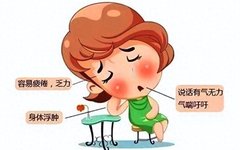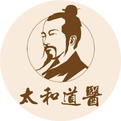Disorders of Blood in Traditional Chinese Medicine
Disorders of blood refer to physiological abnormalities in blood function, primarily manifested as insufficient blood production or excessive consumption, irregular blood circulation, and reduced nourishing function of blood. Blood disorders include xue xu (blood deficiency), xue yu (blood stasis), xue re (blood heat), and chuxue (hemorrhage). Xue Xu (Blood Deficiency) Blood deficiency refers to a … Read more









